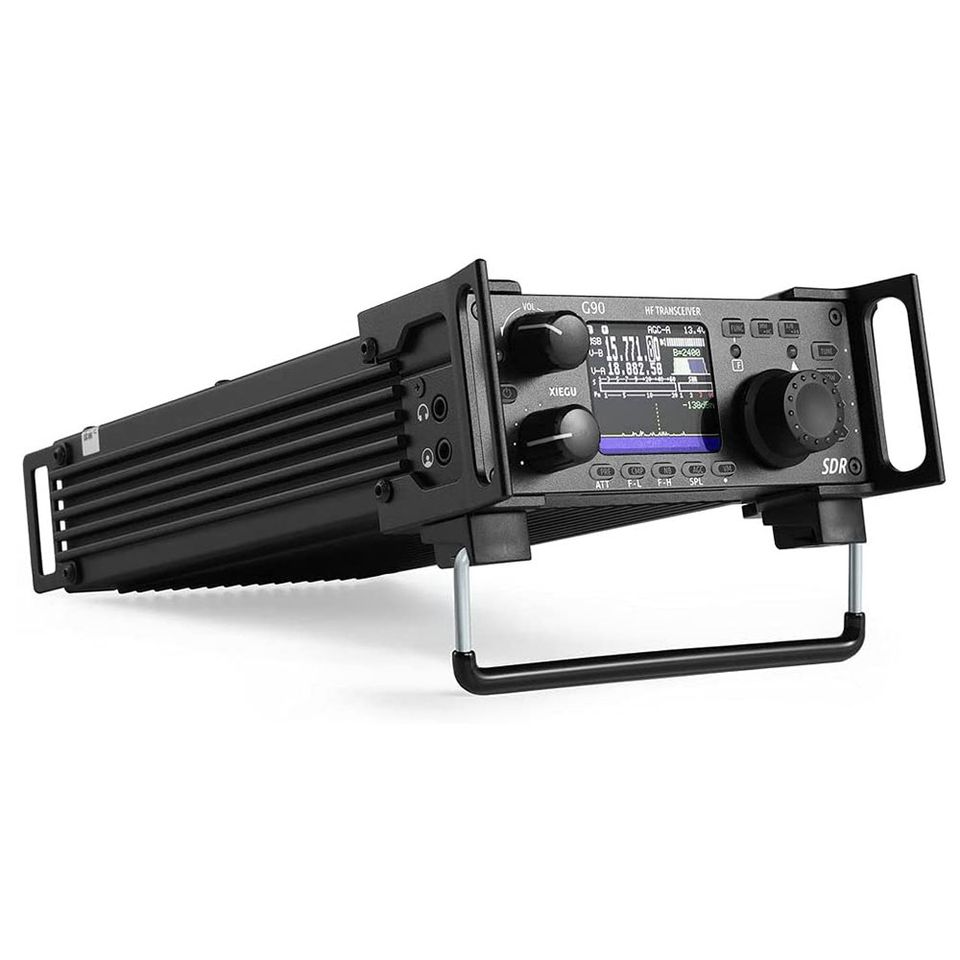
Send Inquiry
Choosing the Right HF Transceiver for Your Ham Radio Setup
When venturing into the world of ham radio, selecting the right HF transceiver is a critical decision that can greatly impact your communication experience. HF Transceivers, often referred to as ham radio HF transceivers, are the heart of your setup, enabling you to transmit and receive signals on the high-frequency bands. With the help of our team at RuiXue Technology, we've created this beginner's guide to assist you in making an informed choice. In this guide, we'll explore essential factors to consider, ensuring you find the perfect HF transceiver to meet your needs.
Assessing Your Needs
Before diving into the world of HF transceivers, it's crucial to assess your specific requirements. Consider factors such as your budget, operating location, and the purpose of your ham radio setup.
Understanding HF Bands and Frequencies
Understanding the HF bands and frequencies is fundamental in choosing the right transceiver. HF bands encompass a wide range of frequencies, each suited for different ham radio activities. These bands typically range from 1.8 MHz to 30 MHz, and being familiar with their characteristics will help you make the right choice.
Types of HF Transceivers
When it comes to HF transceivers, you'll encounter two primary types: traditional analog transceivers and modern software-defined radios (SDRs).
Traditional analog transceivers use conventional circuitry and components, offering a tried-and-true approach to ham radio operation.
On the other hand, SDRs leverage digital technology to provide greater flexibility and versatility. They often come with advanced features and the ability to adapt to changing conditions.
Budget Considerations
Budget plays a significant role in your transceiver selection process. HF transceivers come in a range of price points, from entry-level models to high-end options. It's essential to balance your budget with your desired features and performance.
Brand and Model Selection
Choosing a reputable brand and model is crucial for the longevity and reliability of your ham radio setup. Xiegu, offered by our team at RuiXue Technology, is known for producing quality HF transceivers. You are free to check and download all our models’ specifications at our support page. Be sure to explore popular models within your budget and evaluate their reviews and user feedback.
Features and Specifications
HF transceivers come with a plethora of features and specifications. Key factors to consider include power output, frequency coverage, and receiver sensitivity. Additionally, filtering and noise reduction capabilities are essential for improving signal quality.
Ease of Use and User Interface
The user interface of your transceiver should be intuitive, especially if you're a beginner. Look for a transceiver with user-friendly controls and menus. A straightforward interface will make your ham radio experience more enjoyable.
Expandability and Upgradability
Consider whether the transceiver allows for future upgrades or modifications. This can be valuable as your ham radio skills and interests evolve. Check for compatibility with optional accessories that enhance your setup.
Testing and Demo
Whenever possible, visit local ham radio clubs or stores to test transceivers hands-on. This experience will give you a better feel for the transceiver's performance and usability.
Compatibility with Antennas and Accessories
Your HF transceiver should seamlessly integrate with your chosen antennas and accessories. Ensure compatibility and consider the overall system you're building.
Warranty and Support
A good warranty and manufacturer support can provide peace of mind. Investigate the warranty terms and customer service reputation of the manufacturer before making your final decision.
Conclusion and Decision-Making
Choosing the right HF transceiver for your ham radio setup is a significant step on your ham radio journey. By assessing your needs, understanding HF bands, considering types of transceivers, budgeting wisely, selecting a reputable brand like Xiegu, and evaluating features, you'll be well-prepared to make an informed decision. Remember to prioritize ease of use, expandability, and compatibility for a seamless and enjoyable ham radio experience.
Additional Resources
For more information on HF transceivers and ham radio setups, you can explore our website at radio-gx.com. Contact us and connect with our experienced operators and gather valuable insights.

